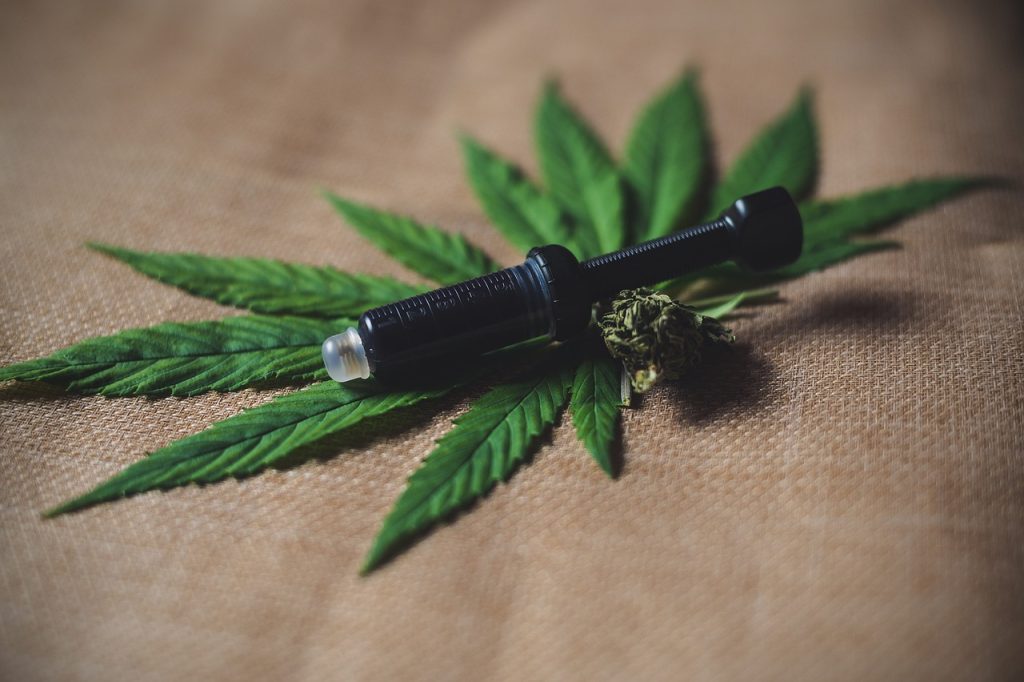
Products having cannabidiol (CBD) appear to be all the rage nowadays, appealing relief from a large range of ailments, from sleep problems and warm flashes to chronic discomfort and seizures. A few of these claims have quality to them, while a few of them are just hype. Yet it won’t harm to attempt, right? Well, not so quick. CBD is a naturally active compound, and as such, it might additionally have unintended repercussions. These consist of recognized side effects of CBD, but likewise unexpected interactions with supplements, organic items, and non-prescription (OTC) and prescription medications.
Doubling up on adverse effects
While generally taken into consideration safe, CBD may trigger sleepiness, faintness, nausea or vomiting, diarrhea, dry mouth, and, in unusual circumstances, damage to the liver. Taking CBD with other drugs that have similar adverse effects may enhance the danger of unwanted signs and symptoms or toxicity. To put it simply, taking CBD at the same time with OTC or prescription drugs and substances that trigger drowsiness, such as opioids, benzodiazepines (such as Xanax or Ativan), antipsychotics, antidepressants, antihistamines (such as Benadryl), or alcohol might lead to enhanced sleepiness, fatigue, and perhaps unintended drops and mishaps when driving. Increased sedation and exhaustion may likewise happen when making use of particular natural supplements, such as kava, melatonin, and St. John’s wort. Taking CBD with energizers (such as Adderall) might bring about reduced cravings, while taking it with the diabetes drug metformin or particular heartburn medicines (such as Prilosec) might boost the threat of diarrhea.
CBD can alter the impacts of other medications
Many medicines are broken down by enzymes in the liver, and CBD may complete for or interfere with these enzymes, bring about way too much or not enough of the medicine in the body, called modified concentration. The altered concentration, in turn, may cause the medication not functioning, or an increased risk of side effects. Such medication communications are typically hard to predict but can cause unpleasant and occasionally severe issues.
Researchers from Penn State University of Medicine reviewed existing information on 5 prescription CBD and delta-9-tetrahydrocannabinol (THC) cannabinoid drugs: antinausea drugs used throughout cancer cells treatment (Marinol, Syndros, Cesamet); a medicine used largely for muscle spasms in numerous sclerosis (Sativex, which is not presently readily available in the United States, however offered in various other nations); and an antiseizure medicine (Epidiolex). On the whole, the scientists identified 139 medications that may be influenced by cannabinoids. This listing was more tightened to 57 medicines, for which modified focus can be unsafe. The checklist contains a variety of medicines from heart medicines to antibiotics, although not all the drugs on the list may be influenced by CBD-only items (some are just affected by THC). Possibly severe medicine interactions with CBD included
- a common blood thinner, warfarin
- a heart rhythm medicine, amiodarone
- a thyroid medication, levothyroxine
- a number of drugs for seizure, consisting of clobazam, lamotrigine, and valproate.
The scientists even more cautioned that while the checklist may be utilized as a beginning point to determine possible medication interactions with cannabis or CBD oil, plant-derived cannabinoid products might deliver highly variable cannabinoid concentrations (unlike the FDA-regulated prescription cannabinoid drugs formerly stated), and may contain lots of various other compounds that can raise the danger of unintended medication communications.
Does the kind of CBD issue?
Absolutely. Breathed in CBD gets involved in the blood the fastest, getting to high focus within 30 minutes and increasing the threat of acute side effects. Edibles call for longer time to take in and are much less likely to generate a high concentration height, although they may ultimately reach high sufficient levels to create an issue or connect with various other drugs. Topical formulations, such as lotions and creams, might not soak up and get involved in the blood in sufficient amount to connect with other drugs, although there is really little info on just how much of CBD gets involved in the blood eventually. Every one of this is additionally complicated by the reality that none of these products are regulated or checked for purity, focus, or safety.
The bottom line: Speak with your physician or pharmacist if making use of or taking into consideration
CBD
CBD has the potential to communicate with several other items, including over the counter medications, organic items, and prescription medicines. Some medications must never be taken with CBD; making use of various other medications may require to be customized or lowered to avoid serious concerns. The consequences of medicine interactions likewise depend on several other elements, including the dose of CBD, the dosage of one more medicine, and an individual’s underlying health and wellness condition. Older adults are a lot more at risk to drug communications since they often take several medications, and due to age-related physiological modifications that impact exactly how our bodies process medicines.
People taking into consideration or taking CBD products should always state their use to their medical professional, especially if they are taking various other medications or have underlying medical problems, such as liver disease, kidney illness, epilepsy, heart concerns, a weakened immune system, or get on medicines that can deteriorate the immune system (such as cancer cells medicines). A pharmacist is an excellent source to aid you learn about a possible interaction with a supplement, an organic product (a lot of which have their own medication interactions), or a non-prescription or prescription medicine. Don’t presume that even if something is natural, it is risk-free and trying it will not harm. It quite possibly might.


